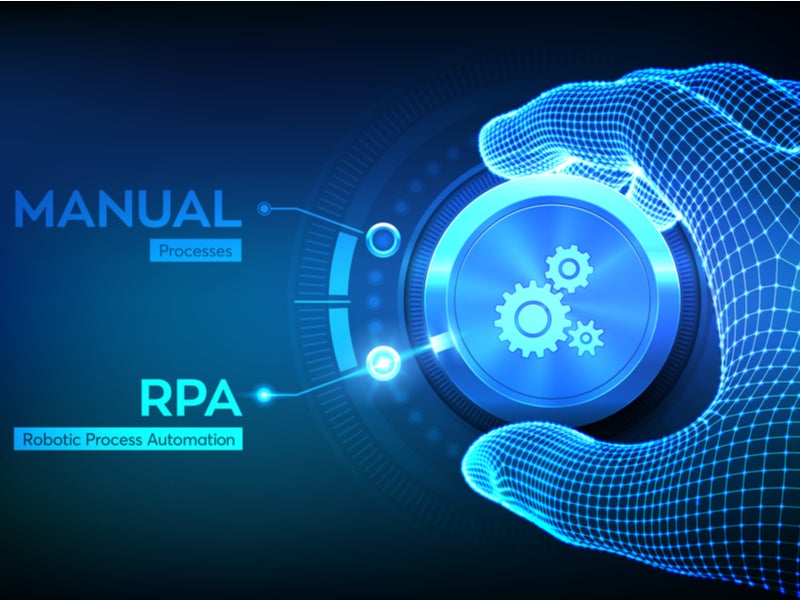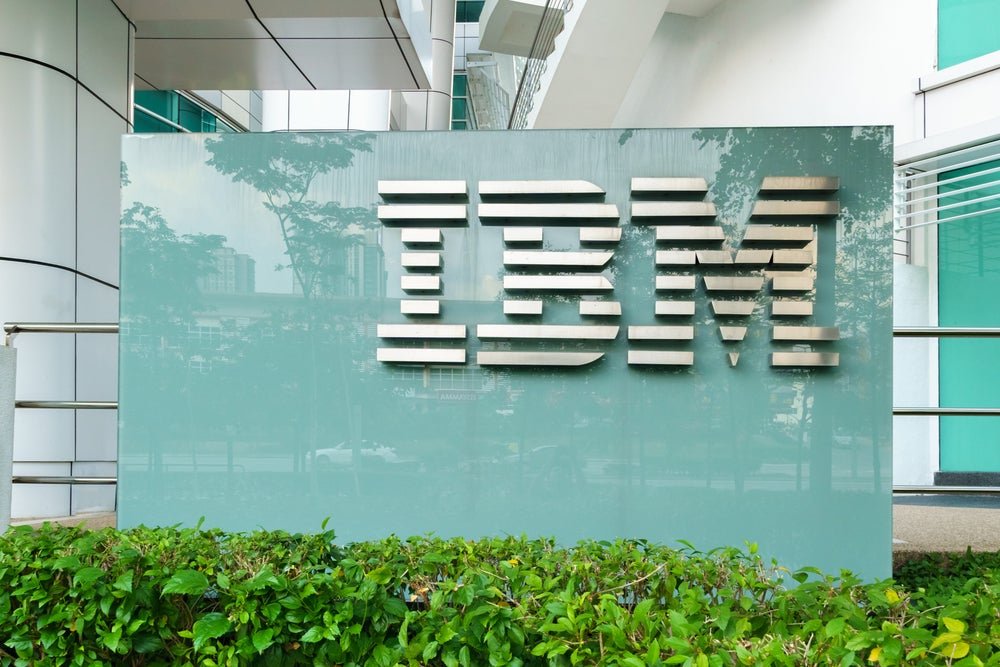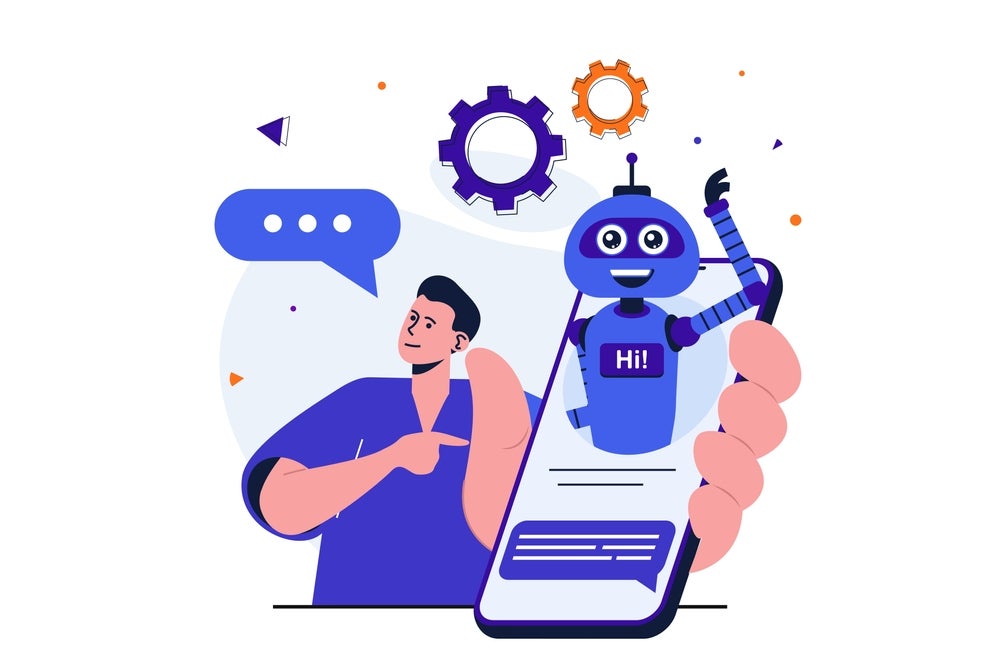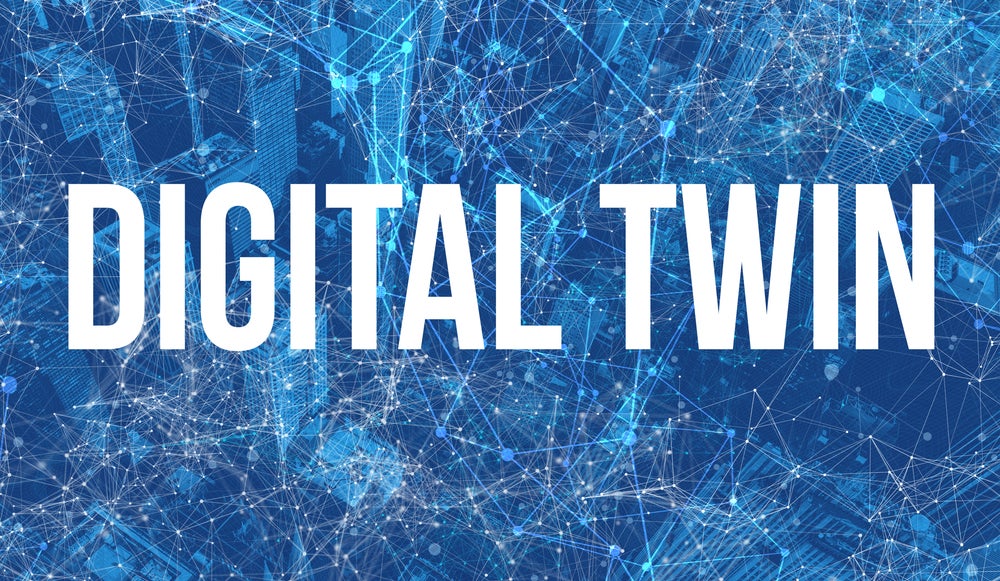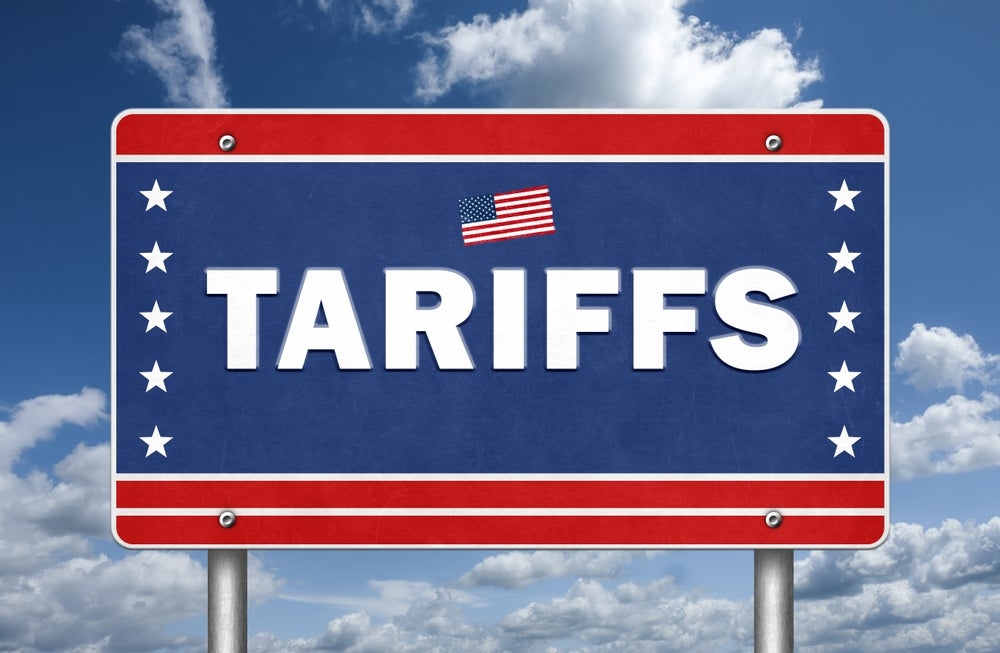Robotic software has become the silver bullet of cloud services, promising to propel enterprises into digital services faster by automating heaps of business and technology tasks. At the same time, robotic process automation (RPA) will give cloud providers an edge in the hotly contested cloud wars.
In the past two months, cloud leaders Microsoft and IBM have made Tier 3 RPA acquisitions, strengthening their automation strategies. This follows an effort among platform providers over the past year to ready comprehensive automation platforms, leveraging AI, low-code platforms, and robotics. Solutions aim to help eliminate the time-consuming tasks required to manually build business processes under stringent demands of a digital era. Enterprises are faced with significantly increased data connectivity requirements and heightened customer experience engagement objectives.
Microsoft aim to broaden RPA capabilities
In May 2020 Microsoft announced plans to acquire Softomotive to expand low-code RPA capabilities in Microsoft Power Automate. Power Automate, initially released in November 2019, represents IBM’s chief intelligent platform automation (IPA) rival considering the growing popularity of Microsoft Power Platform and Power Automate’s continued consolidation.
In June 2020 Microsoft announced plans to let customers create Power Apps directly within Microsoft Teams, as well as plans to integrate Power Automate with WinAutomation, resulting from Microsoft’s Softomotive RPA acquisition.
IBM expands access to technology
Hot on its heels, last week IBM followed suit by announcing plans to acquire Brazilian based RPA provider WDG Automation. The move brings a major component of IPA in-house to consolidate IBM’s automation offering while leveraging its AI strengths.
Specifically, IBM’s expanded access to RPA technology fulfills a key component of its intelligent automation solution, allowing it to bypass third-party partnerships among leading RPA pure-plays currently filling the gap for IBM. IBM now has the control to provide customers with deeper integration and therefore a more elegant experience between core automation components including AI.
Further, the technology helps IBM continue its enterprise messaging following the IBM Think conference, which emphasized hybrid cloud and AI for helping clients become AI-enabled companies. Specifically, IBM will likely integrate the new RPA technology with AIOps, a new solution which addresses CIO’s top-of-mind concerns over security and resiliency of new IT infrastructures resulting from app modernization projects. Adding this level of robotic intelligence to automation provides reassurance that enterprises dealing with unstructured data are meeting their regulatory compliance obligations.
Increasing appetite for robotic process automation
RPA’s simplicity is increasingly viewed as an attractive alternative to complex AI solutions which require data scientists to operate. Intelligent automation has been playing out largely through improving processes across enterprises, conducting specific tasks in order to eliminate repetitive requirements among operations teams.
Helping highlight the seemingly insatiable appetite for RPA, last week consulting and implementation services provider Information Services Group (ISG) acquired RPA firm Neuralify, with plans to tuck the technology inside ISG’s automation business.
In January 2020, low-code leader Appian acquired RPA provider Novayre for its Jidoka platform, representing one of the first vendors to bring the technology in-house. The acquisition shores up its competitive threat in the low-code space opposite pure-play rivals (e.g., Salesforce, Pegasys, Mendix, OutSystems, etc.) and larger cloud providers.
Keep watch on this emerging market segment, whose key players include Appian, Google, IBM, Microsoft, Pegasystems, Red Hat, Salesforce, SAP, and ServiceNow; as well as pure-play RPA providers including Automation Anywhere, UiPath, and Blue Prism.


